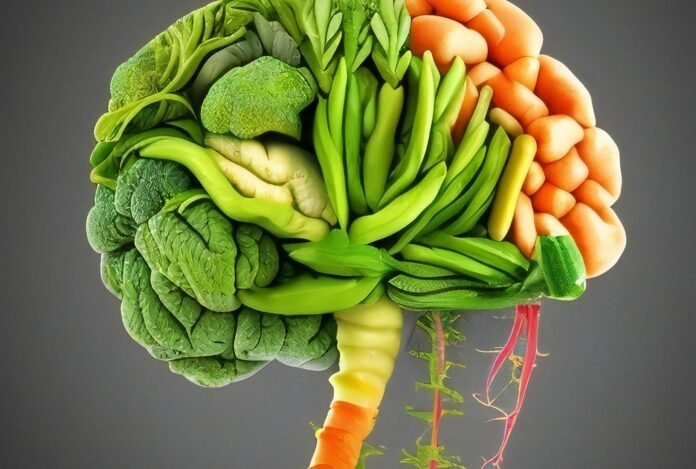What we eat has a profound impact on our brain health. Doctors Ayesha and Dean Sherzai, affectionately known as the “Brain Docs,” have dedicated their careers to uncovering lifestyle changes that promote better brain function. According to them, diet is a powerful tool to support cognitive health.
Brain Health and Nutrition: A Powerful Connection
The Sherzais emphasize that small, everyday changes in your diet can dramatically reduce the risk of cognitive decline and diseases like dementia.
One groundbreaking study they reference analyzed the eating patterns of older adults in Chicago and found that those adhering to a brain-healthy diet lowered their risk of developing dementia by 53%. “These are unimaginable numbers,” said Dean Sherzai, pointing out that this can be achieved without complex supplements or medications—just simple dietary adjustments.
So, what should you eat to support your brain? The Sherzais’ list of nine brain-boosting foods is entirely plant-based and backed by solid scientific evidence. Let’s dive in.
Leafy Greens
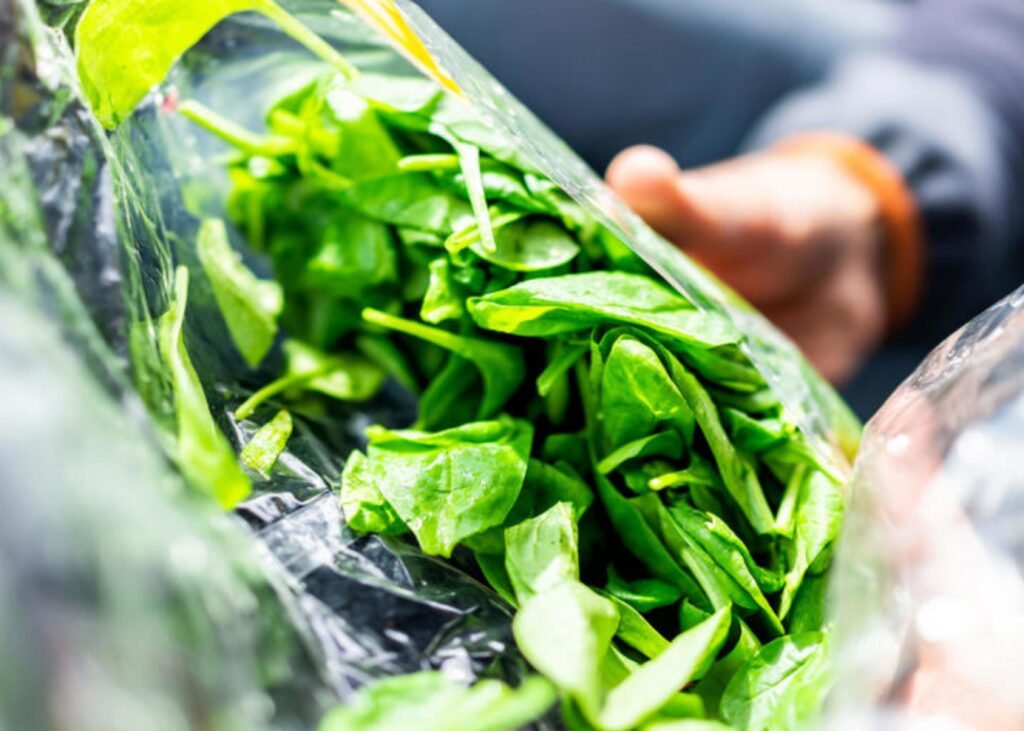
Cost: ~$1 per serving (2 cups of bagged spinach)
Examples: Spinach, kale, lettuce
Why it helps: Leafy greens are packed with folate, nitrate, and lutein, nutrients that are linked to better working memory, spatial awareness, and perception. Studies show eating at least one serving per day can improve cognitive function.
Legumes
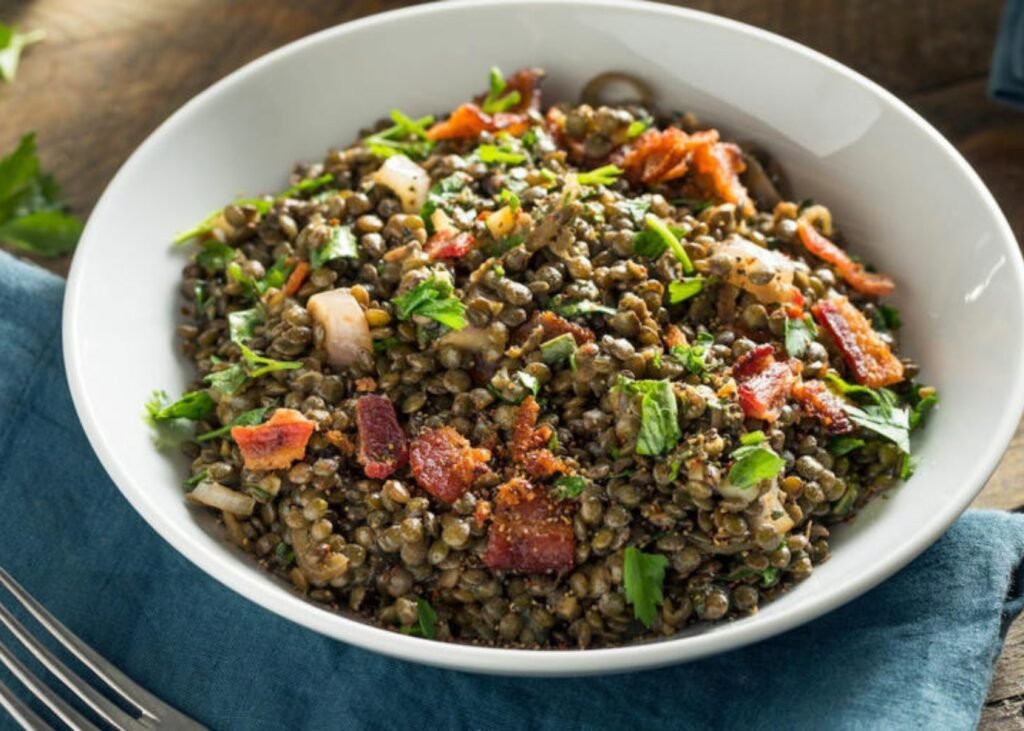
Cost: ~$0.50 per serving (canned or dried beans)
Examples: Lentils, black beans, chickpeas
Why it helps: Rich in B vitamins, legumes help maintain a healthy nervous system and provide plant-based proteins, making them an excellent brain food for aging adults.
Berries
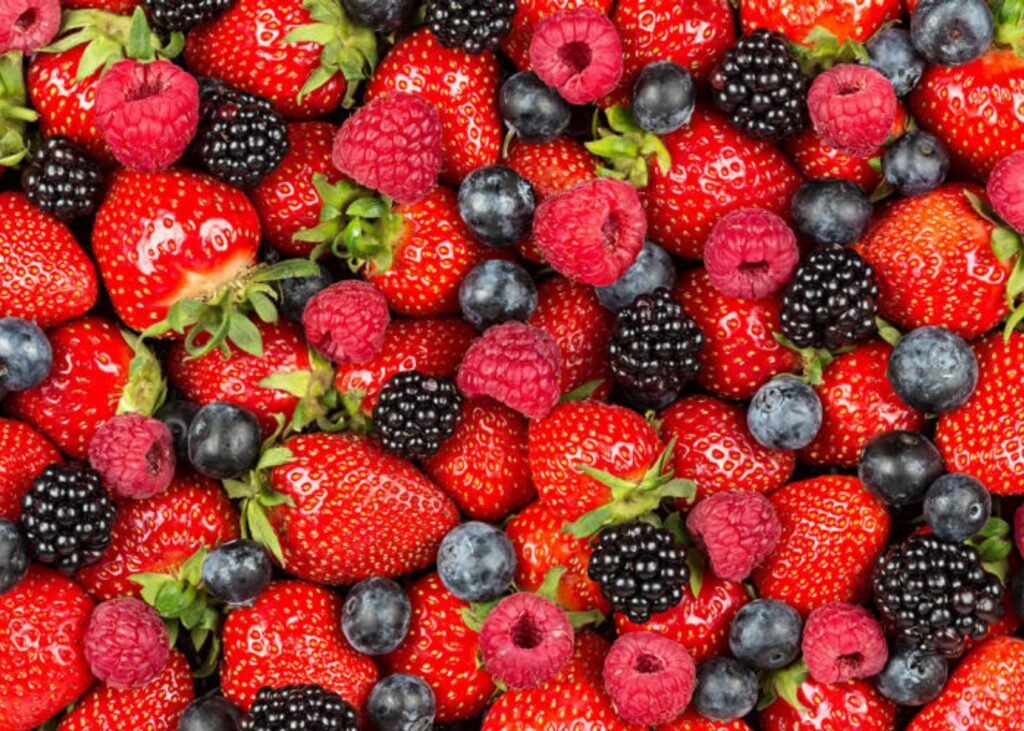
Cost: ~$1 or less per serving (opt for frozen to save money)
Examples: Blueberries, raspberries, strawberries
Why it helps: Berries are full of antioxidants and compounds that reduce oxidative stress, which is linked to cognitive decline. While more research is needed, berries show promise in protecting brain health.
Whole Grains
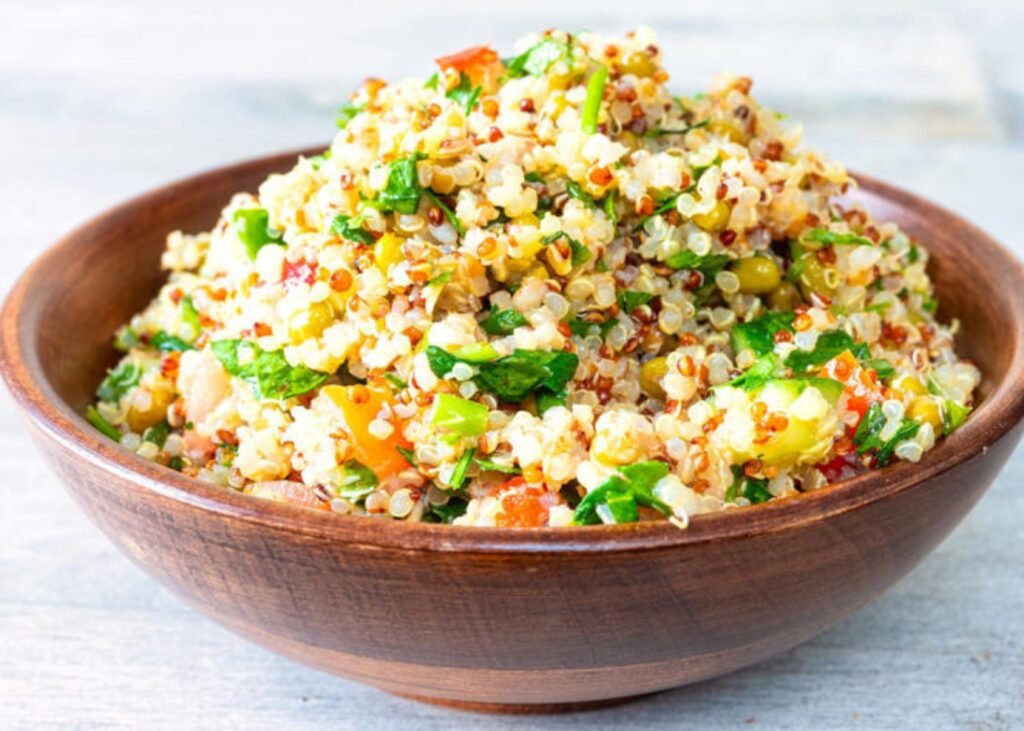
Cost: <$1 per serving
Examples: Oats, quinoa, brown rice, bulgur
Why it helps: Whole grains help slow cognitive decline, thanks to their anti-inflammatory properties. They also support vascular health, which is crucial for brain function.
Nuts
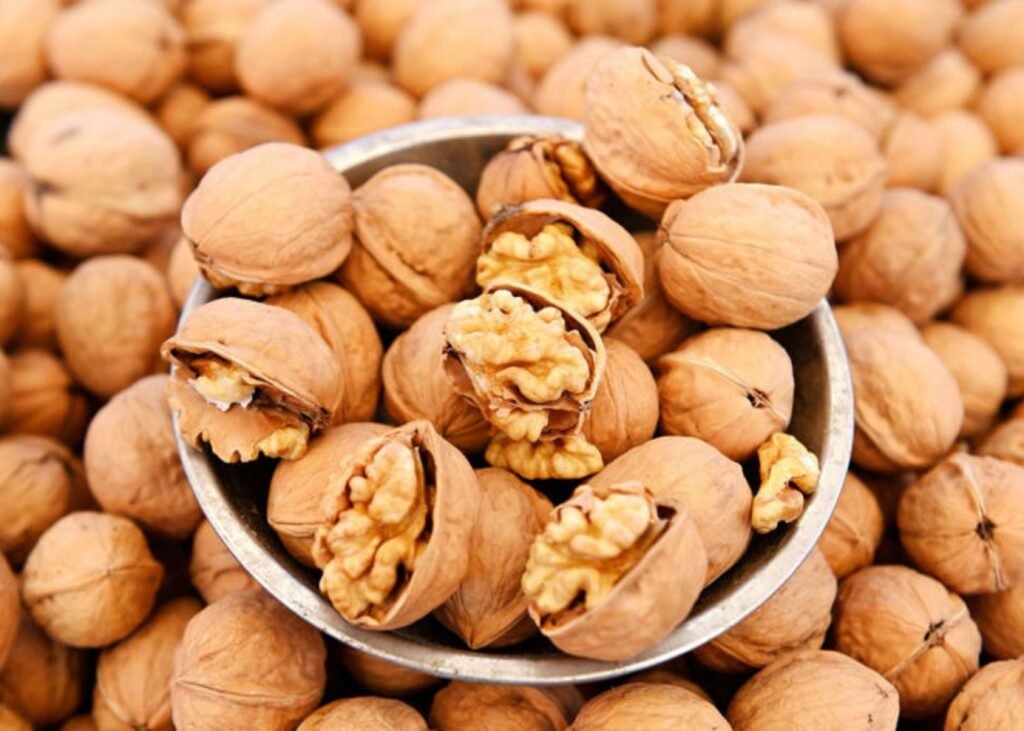
Cost: ~$0.50 per serving (e.g., almonds, walnuts)
Why it helps: Loaded with nutrients and healthy fats, nuts improve vascular health and reduce inflammation. Walnuts are particularly beneficial as they contain omega-3 fatty acids, essential for brain health.
Herbs and Spices

Cost: Pennies per serving
Examples: Turmeric, cinnamon, black pepper
Why it helps: Spices like turmeric have potent anti-inflammatory effects and may improve cognitive function. Black pepper enhances nutrient absorption, making other brain-healthy foods even more effective.
Seeds
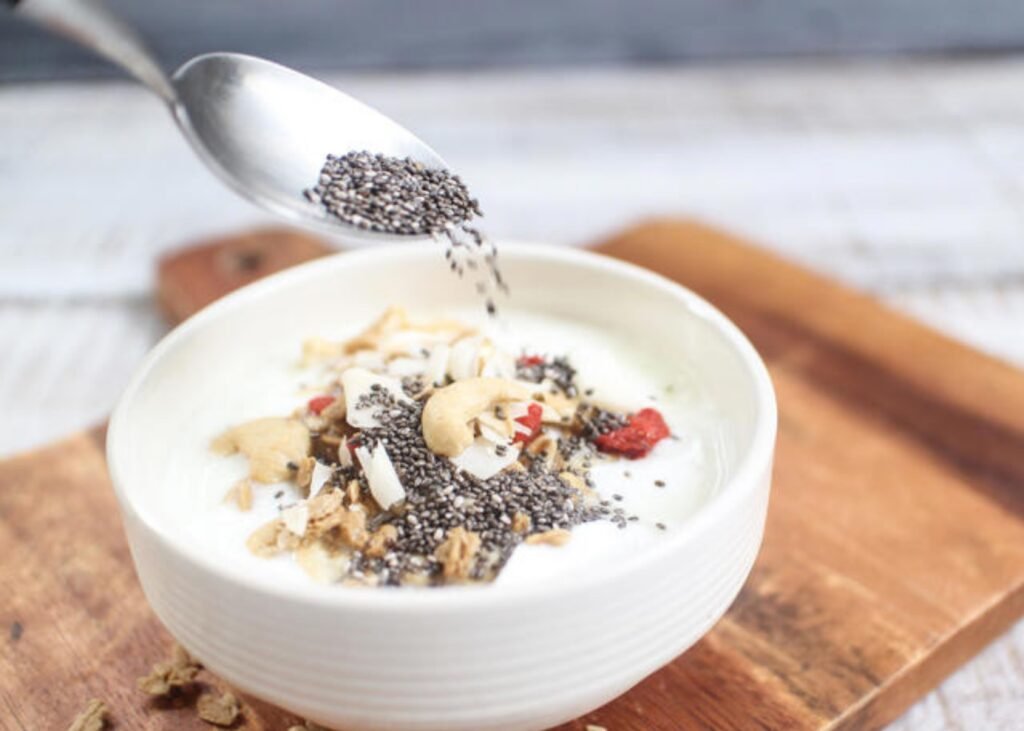
Cost: ~$0.35–$0.75 per serving (e.g., chia, pumpkin seeds)
Why it helps: Seeds are packed with fiber, healthy fats, and omega-3s. They provide essential nutrients that promote brain health and overall well-being.
Cruciferous Vegetables
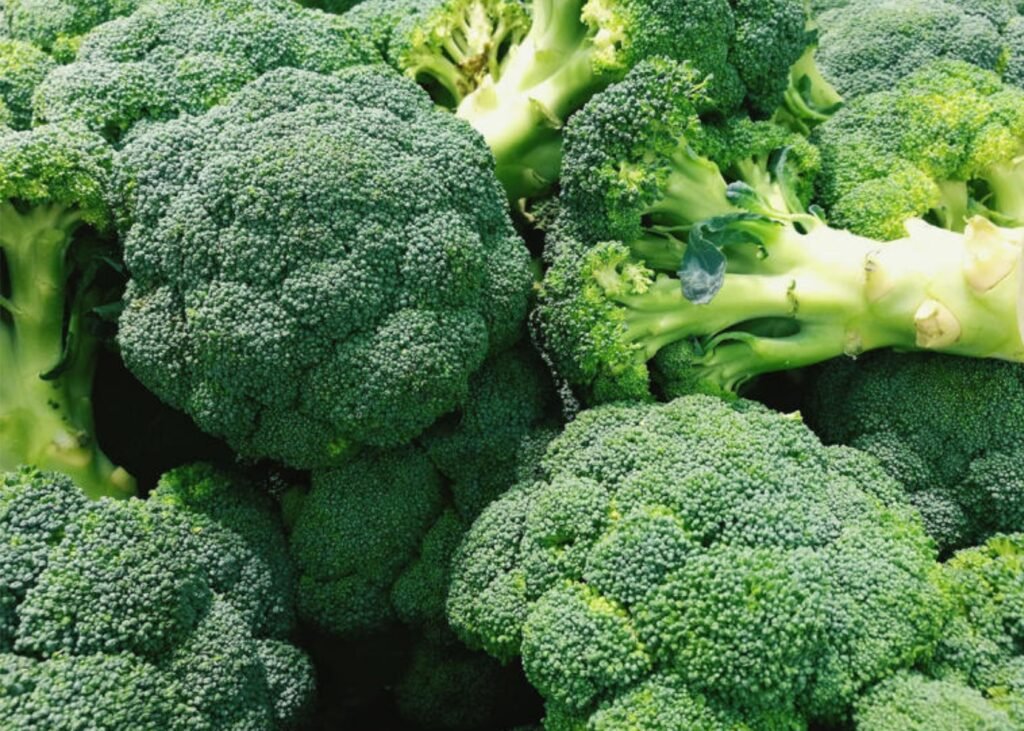
Cost: ~$0.50–$1 per serving
Examples: Broccoli, Brussels sprouts, cauliflower
Why it helps: These vegetables boost blood flow, lower the risk of strokes, and are known to prevent cognitive decline and certain cancers.
Tea
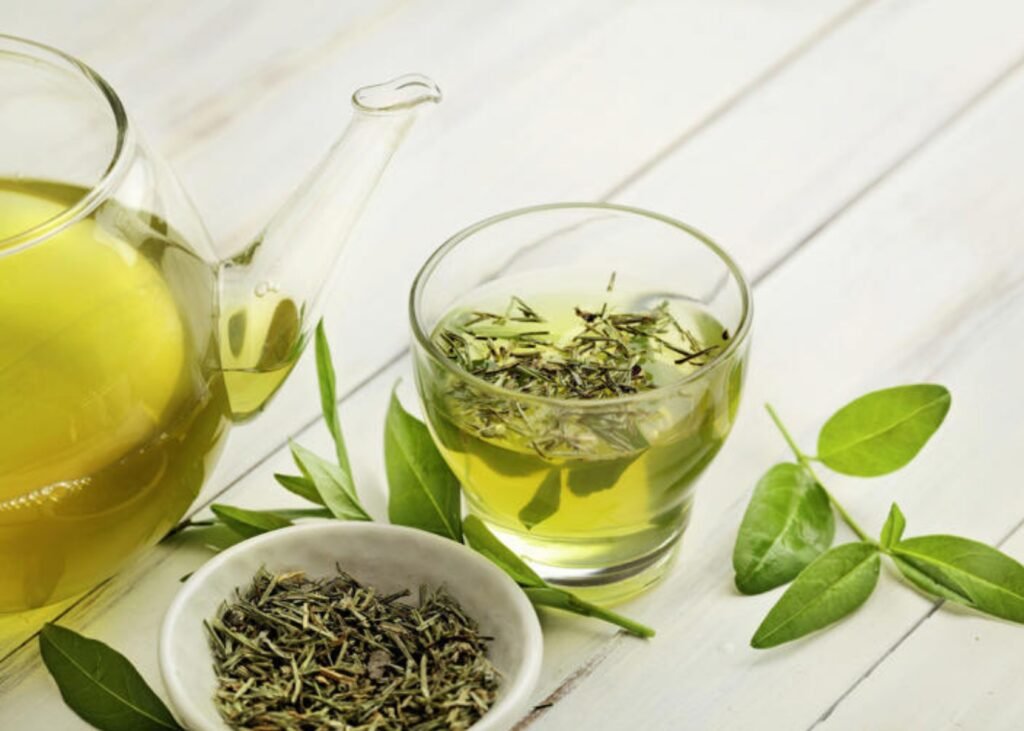
Cost: ~$0.10–$0.60 per cup
Examples: Green tea, black tea
Why it helps: Tea is rich in plant compounds that reduce inflammation and may enhance neurotransmission. Green tea, in particular, is a favorite for brain health enthusiasts.
Final Thoughts
By incorporating these nine affordable, plant-based foods into your daily meals, you can actively support your brain health and reduce the risk of cognitive decline. As the Sherzais say, “Taking care of your brain takes care of your whole body.”



